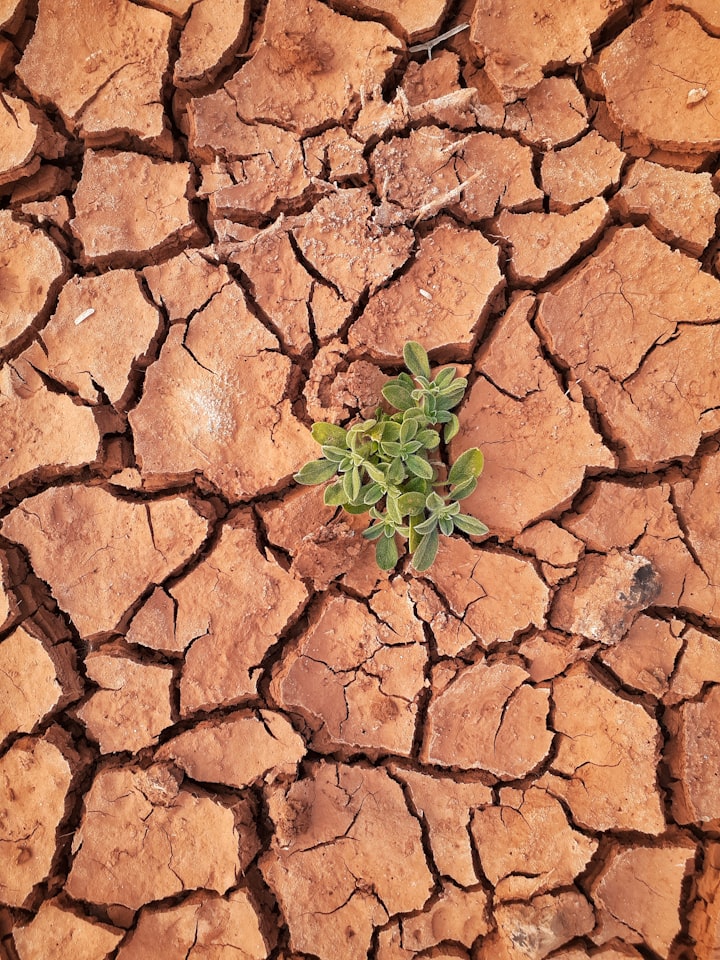
The message launched Monday at the opening of a global meeting on biodiversity is clear: the destruction of nature threatens humans "at least as much" as climate change and therefore deserves as much attention to avoid devastating impacts.
Scientists and diplomats from more than 130 countries are gathered until Saturday to adopt the first global assessment of ecosystems in nearly 15 years, a grim inventory of a nature that is nevertheless vital to humanity.
“The evidence is overwhelming: our destruction of biodiversity and ecosystem services has reached levels that threaten our well-being at least as much as human-induced climate change,” said Robert Watson, chair of the Intergovernmental Science Platform and Policy on Biodiversity and Ecosystem Services (IPBES)
The group of experts worked for three years on an 1,800-page report which should become the scientific reference in terms of biodiversity, as are those of the IPCC for the climate.
If the word "biodiversity" sometimes seems very abstract, it concerns all animal or plant species living on the planet, including the species that puts itself in danger by destroying nature: humans. And Man cannot live without this nature, which provides him with invaluable services, from pollinating insects to forests and oceans absorbing CO2, including medicines and drinking water.
So as for the climate, "this month of April 2019 can mark the beginning of a similar + Parisian turning point + for biodiversity and nature's contributions to populations", estimated Mr. Watson, in reference to the agreement of Paris, in 2015.
Many hope that this assessment will be the prelude to the adoption of ambitious objectives at the 2020 meeting in China of the member states of the UN Convention on Biological Diversity (COP15).
Virtually none of the 20 previously defined goals for 2020, which aim for a life "in harmony with nature" by 2050, will be achieved, according to the draft summary of the report obtained by AFP, a draft which will be discussed, amended and adopted line by line by the delegates before its publication on May 6.
"The world's environmental heritage (...) is being altered at an unprecedented level", warns this text.
A quarter of the 100,000 species assessed – a small portion of the 8 million estimated on Earth – are already threatened with extinction, under pressure from agriculture, fishing, hunting, or even climate change.
But “an imminent rapid acceleration in the rate of species extinction” is looming, according to the draft report: between 500,000 and one million are expected to be threatened, “many of them in the coming decades”.
- "modify our consumption" -
Projections in line with what some scientists have been describing for years: the start of the 6th "mass extinction", the first since the arrival of humans on the planet.
The text clearly links the two major threats of global warming and damage to nature, identifying certain similar causes, in particular agricultural practices and deforestation, responsible for around a quarter of CO2 emissions but also serious direct damage to ecosystems.
All this on an increasingly populated planet whose inhabitants consume more and more.
"We must not only modify agricultural production, we must also modify our consumption. For example, a well-balanced diet is good for our health and also good for the planet", explained to AFP Paul Leadley, one of the authors of the report.
"If we eat a little less red meat, it reduces greenhouse gases and (...) it leaves more room for natural environments," added the researcher.
But given the scale of the reforms to be put in place, which involve a real transformation of our lifestyles, resistance is likely to be even stronger than for the fight against climate change.
There might be difficulties with some countries. We don't know how Brazil will react, with the new government (of Jair Bolsonaro). We do not know what the United States thinks of this assessment", notes Günther Mitlacher, of WWF, who also describes a North-South divide similar to climate geopolitics.
With in particular African countries very demanding of actions because "they see that their population depends on natural resources",





Comments
There are no comments for this story
Be the first to respond and start the conversation.